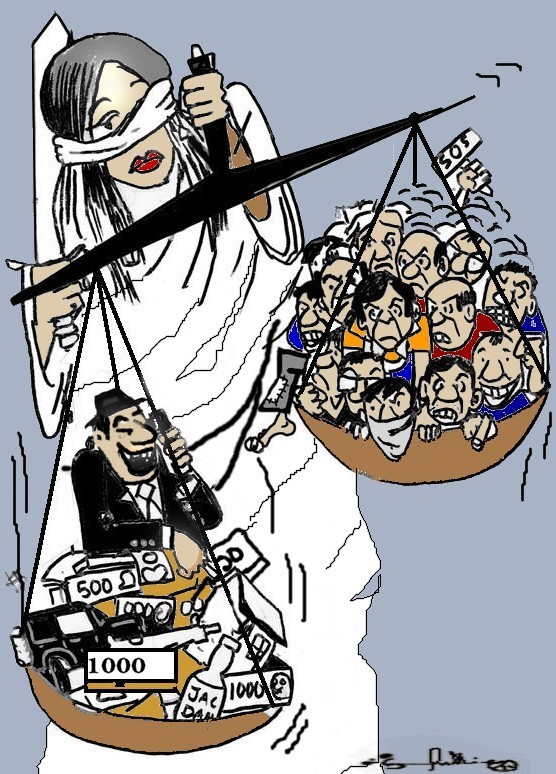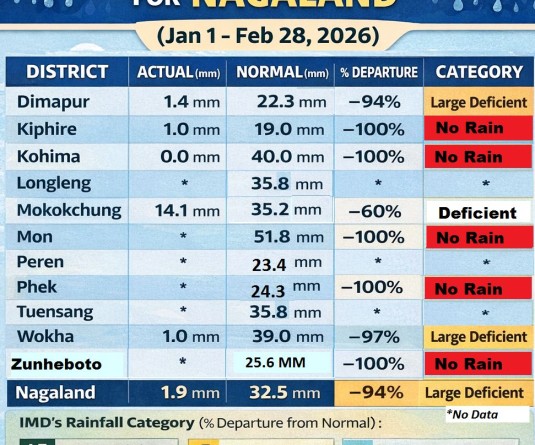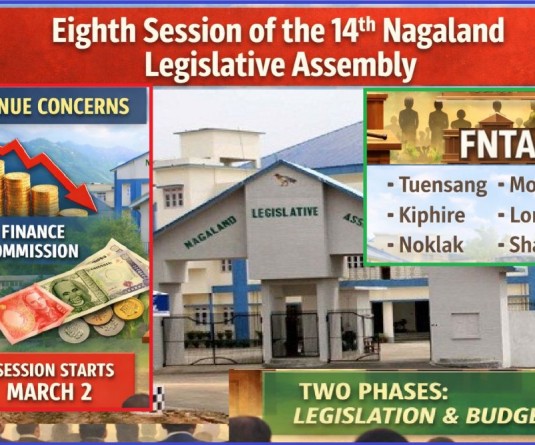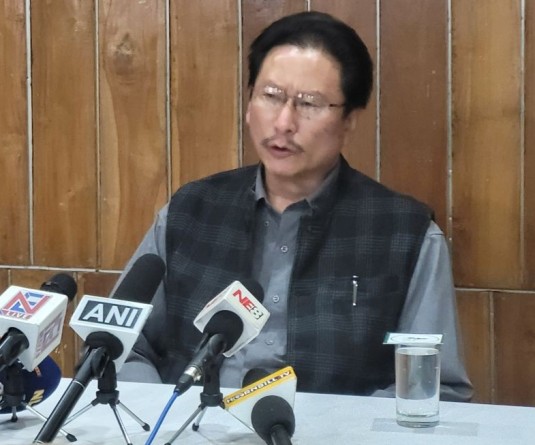Morung Graphic by Sandemo Ngullie

Morung Express News
Dimapur| March 13
While it is nice to see elected officials congratulating each other and thanking the people for their support, one cannot help but feel dismayed over the large number of super-rich MLA’s and ministers that have come to power.
Big money has always dominated state politics in Nagaland, and the recent statistical analysis by the Nagaland Election Watch and Youthnet serves to reiterate the point. The analysis showed that having assets of 25 lakhs or less lowers the chances of winning a seat in the assembly by 16 percent. It also showed a 23 percent increase in the number of wealthy MLAs since the last assembly elections.
With Nagaland state showing a budget deficit of Rs 760 crores as of April 2012, deplorable road conditions, erratic power and water supply and nonpayment of salaries to government employees; the aforementioned accumulation of wealth by the political elite has caused annoyance among the general public.
“These statistics are shameful,” states Bendang Aier, a student from Kohima while talking to the Morung Express. “It is appalling that politicians have accumulated so much wealth while there are so many people just eking out a living.”
“There is no political democracy in Nagaland, though we might have social and religious democracy. Politics in Nagaland is all about money, gun, and muscle power,” states Thungchibemo Humtsoe, former General Secretary of the Kyong Students’ Union.
Some people remarked that the people are also accountable for the influence that money has on politics. “It’s all about money these days. Without money it’s very difficult to earn respect from people in Naga society. We can blame the politicians to some extent but look at how people choose their leaders. It’s always the ones who give away the most amount of money that win the elections,” says Aren Longchar, a resident of Dimapur.
A resident o Kohima stated that the “targets for the power hungry politicians are the simple minded and poor citizens, vulnerable to the temptations of easy money and vague promises due to their desperate economic and social conditions.” He adds that “there is no equality at all.”
Another government employee who wished to remain anonymous exclaimed, “We contribute a minimal amount to the GDP and have very little industrial development despite government assurances. There are no job creating industries in Nagaland and hence unemployment rises. Where do the politicians get all this money from when most people in the state are living under tight economic constraints? Any sense of fairness and equality is lost!”
“Politicians get elected through money and accumulate even more after they are elected,” states Kevi from Dimapur. He quotes the American financier JP Morgan by stating, “Of all forms of tyranny the least attractive and the most vulgar is the tyranny of mere wealth, the tyranny of plutocracy. He adds, “All I wish is for some sort of equality between the people and the power holders.”
Kevi’s statement provides a common theme for the aspiration that most people have. The aforementioned people are ready to concede that absolute equality is not possible and that it is probably undesirable to aim for that ideal. Attempted utopias have never worked and most people realize that, however, the overwhelming monetary gap between the leaders of the government and the people raises a cause for major concern.






